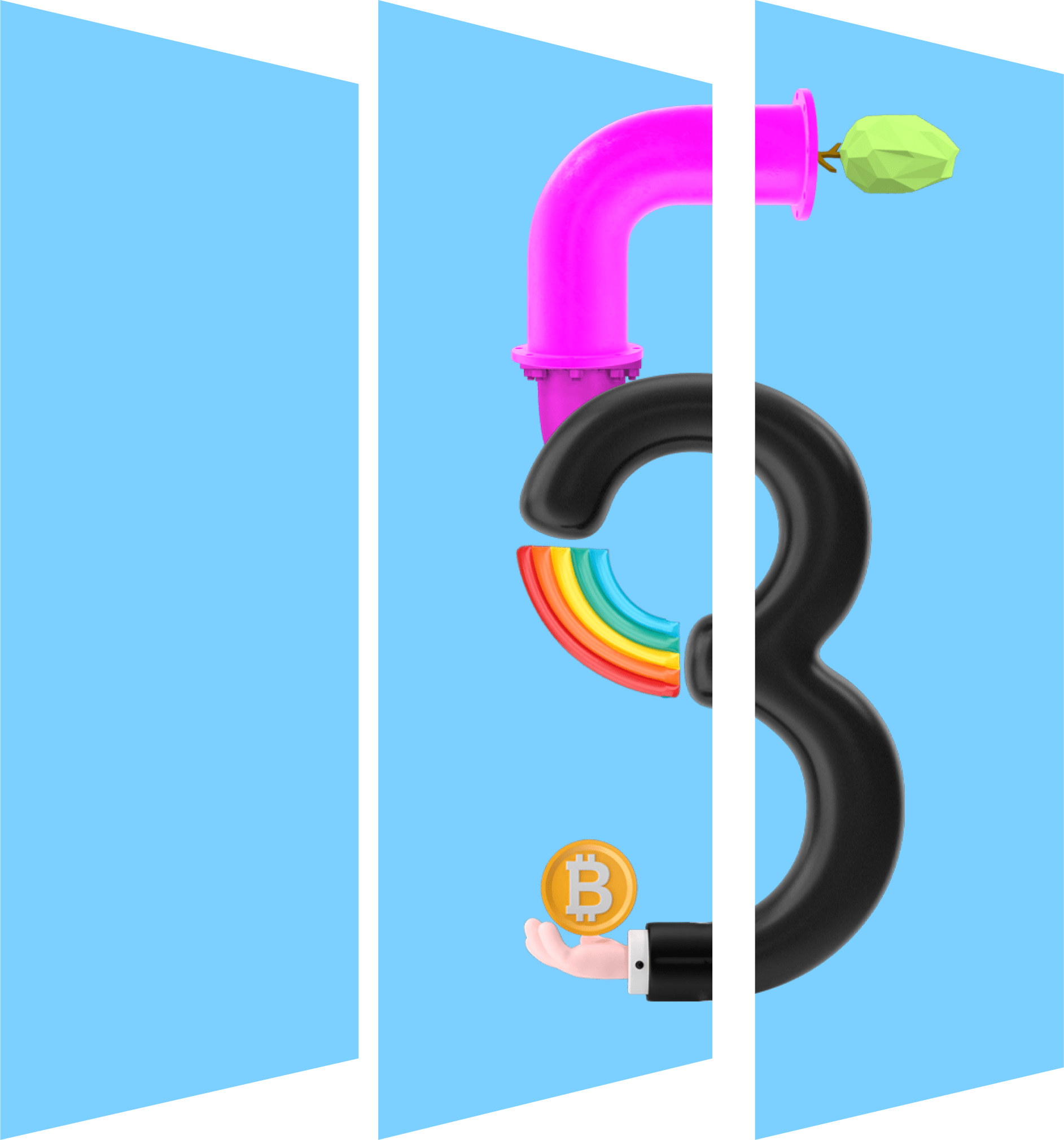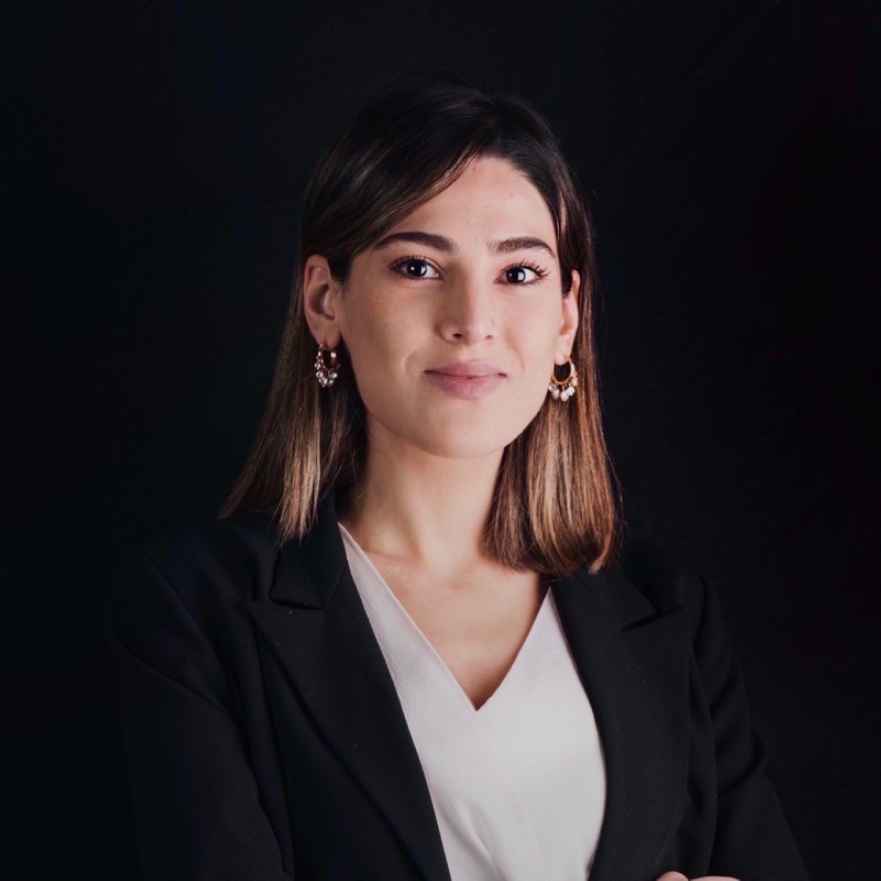
What does it mean if a creator transfers “full ownership of IP” with the NFT?
Select jurisdiction
Germany
This is a wording that you can read pretty often in terms and conditions of NFTs, if there
are any, or get as an answer when you ask if any IP rights come with the purchase of
the NFT. And it sounds pretty clear and straightforward, but there are indeed some legal
aspects to consider. So let’s unpack this.
First of all, let us clarify what “IP” means. “IP” stands for Intellectual Property. Intellectual
Property refers to property in intangible goods as opposed to property in physical goods
or land. It comprises intangible creations of the human mind such as art, music, books,
technical inventions, designs, logos etc.
How these creations are protected differs from jurisdiction to jurisdiction. In most
jurisdictions art, music, books and movies are protected under copyright law, technical
inventions are protected under patent law, designs and logos under design and/or
trademark law. There are more categories of Intellectual Property in some countries, e.g.
plant varieties or trade secrets and in the EU even databases and software can be
subject to copyright law protection. So, to sum it up, IP rights are potentially a pretty
broad spectrum of rights and they are governed by different laws, too.
In case of NFTs, the most common use case is that it represents a piece of art, e. g. a
picture, the famous jpeg. On a side note, it is worth being precise and keeping in mind
that an “NFT” is not actually the piece of art itself but the piece of code that links the
metadata (the jpeg) to the owner and stores that information on a blockchain. But for
convenience, we’ll use the terms synonymously.
So, since most NFTs are a piece of art, they are first and foremost subject to copyright
protection. Copyright in and of itself again comprises a broad variety of rights. The right
to copy the work, e.g. the famous “right click and save”, but also the right to print it on a
t-shirt, make a poster of it, to edit it, to make it available to the public online or to
incorporate it into new artworks like a movie and many more.
In principle, now this could mean that with transferring “full ownership of IP” the initial
owner transfers all these rights to the buyer. There are however some road bumps, and
two points should be considered particularly.
First, under German law, there is no way to actually transfer copyright in its entirety. As a
creator, you can only grant licenses, exclusive or non-exclusive, limited in time or forever
basically, limited to one or more territories or even worldwide. The creator will always be
the owner of the copyright, you can only ever hold a license.
Second, German copyright law requires the creator to explicitly name the rights that they
would like to license. If they don’t, the rights tend to stay with the creator, unless there is
a contract that can be interpreted otherwise – which in most cases does not exist. And
when in doubt, the copyright law protects the creator rather than the buyer.
To sum it up, from a copyright law perspective, this transfer of “full ownership of IP” is
not giving you the legal security you probably expected. It is not at all guaranteed that
you actually got a license granted by that statement. It is especially unclear what kind of
license it is, what the term is and what it entails exactly, i.e. what you can actually do
with your NFT.
If we just take a quick look at the question from a trademark law perspective, which
might become the second most important use case, a transfer of ownership is legally
possible. Typically however, trademarks are registered in a public register, i.e. any new
owner needs to be registered, too, in order for them to have legal proof of ownership. In
case of an unregistered transfer, the public register and the blockchain would hold
different information. So in case of any lawsuit, it would be difficult to prove ownership if
the public register says otherwise. It is a grey area that is untested so far, but you should
be highly skeptical about becoming the actual trademark owner just through that short
statement in our question.
So what does it mean if the creator transfers “full ownership of IP”? Legally not much,
unfortunately, to say the least.
Italy
Transfer of full ownership of IP shall mean that all rights to economic exploitation of the artwork
embedded in the NFT are transferred. The author (who may be someone else than the
creator/minter of the NFT) remains entitled to moral rights, which are inalienable and non-
transferable.
India
NFTs do not automatically confer intellectual property rights on the purchaser. To fully
understand this, you must first understand the difference between ownership of the NFT and
the ownership of the underlying intellectual property or assets.
During the sale of an NFT, the intellectual property rights in the underlying asset do not get
transferred. What usually happens in NFT sales is that one purchases the NFT and becomes
an owner of that particular NFT, but not an owner of the intellectual property rights in the
underlying asset. For instance, you may purchase an NFT of the Mona Lisa but the ownership
of the physical painting and the copyright in the painting will not transfer to you, and you will
not have the right to reproduce, distribute copies, modify, publicly perform, exhibit, or create
derivatives of the original painting. Instead, the original creator or the copyright owner, as the
case may be, retains the exclusive rights to do the aforesaid.
A creator may, in some instances, contractually agree to transfer copyright ownership of the
underlying work and to part with the “full ownership of IP” when transferring an NFT. What
this essentially means is that the creator has transferred the rights to reproduce, distribute
copies, modify, publicly perform, exhibit, or create derivatives of the underlying asset.
Turkey
In Turkish law, the owner of the work can transfer his/her intellectual property rights to
another person with a financial right transfer agreement, and in this case, the financial right
will be out of his/her own assets. There is another option available for the owner of the work
in which the owner of the work transfers the authority to use the financial rights. In this case,
the financial right remains in the owner's assets. Transfer of usage authority is named as
license in the Law on Intellectual and Artistic Works numbered 5846 and two types of
licenses can be granted by the owner of the work. Accordingly, if the license agreement does
not prevent the financial right holder from granting the same license to others, that means a
simple license is granted by the owner of the work. On the other hand, if the license
agreement prevents the financial right holder from granting the same license to others, a full
license is in question. A full license prevents the owner of the work from using the financial
rights by himself/herself either. The moral rights of the owner of the work cannot be
transferred, but the authority to use these financial rights can be transferred. In the light of
these explanations, although it is not possible to talk about the transfer of the full ownership
of the intellectual property rights of the owner of the work in Turkish law, it is possible to
take over all the financial rights with the financial rights transfer agreement and to take over
the usage authority of the moral rights.
Kenya
Derek Hawkins
Brazil
It means the holder is the Owner of Intellectual Property rights. It is important to note that in Brazilian law, the creator can only transfer property rights in accordance with law 9610. He can establish an assignment contract and transfer the property rights of the work.
Canada
The creator probably meant that they intend on assigning the copyright associated with the
underlying artwork.
However, it should not be assumed that there is an actual transfer of copyright with the NFT,
because it only mentions “full ownership of IP”, which is not specific of what exactly is
transferred and if it is actually transferred. Moreover, such transfer may not even be valid, for
example if the creator is not the owner of the intellectual property themselve, or if the transfer
has not occurred according to Canadian laws.







